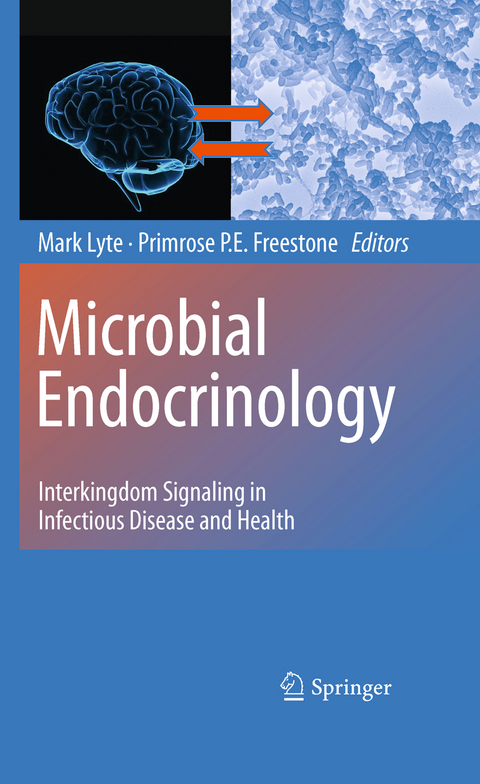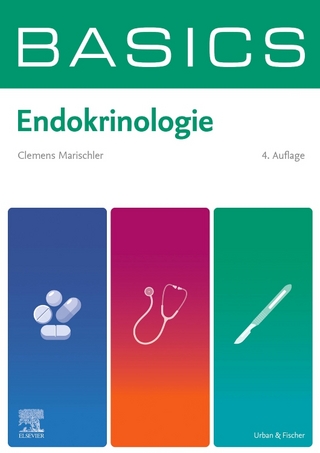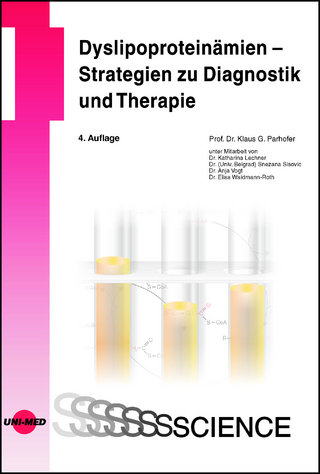
Microbial Endocrinology
Springer-Verlag New York Inc.
978-1-4899-8419-7 (ISBN)
- Titel erscheint in neuer Auflage
- Artikel merken
Microbial Endocrinology: A Personal Journey.- Evolutionary Considerations of Neurotransmitters in Microbial, Plant, and Animal Cells.- Mechanisms by Which Catecholamines Induce Growth in Gram-Negative and Gram-Positive Human Pathogens.- Dietary Catechols and their Relationship to Microbial Endocrinology.- Interactions Between Bacteria and the Gut Mucosa: Do Enteric Neurotransmitters Acting on the Mucosal Epithelium Influence Intestinal Colonization or Infection?.- Modulation of the Interaction of Enteric Bacteria with Intestinal Mucosa by Stress-Related Catecholamines.- The Role of Microbial Endocrinology in Periodontal Disease.- Staphylococci, Catecholamine Inotropes and Hospital-Acquired Infections.- The Microbial Endocrinology of Pseudomonas aeruginosa.- Mechanisms of Stress-Mediated Modulation of Upper and Lower Respiratory Tract Infections.- Psychological Stress, Immunity, and the Effects on Indigenous Microflora.- The Epinephrine/Norepinephrine/Autoinducer-3 Interkingdom Signaling System in Escherichia coli O157:H7.- Molecular Profiling: Catecholamine Modulation of Gene Expression in Enteropathogenic Bacteria.- Microbial Signaling Compounds as Endocrine Effectors.- Mycologic Endocrinology.- Experimental Design Considerations for In Vitro Microbial Endocrinology Investigations.
| Erscheint lt. Verlag | 6.11.2014 |
|---|---|
| Zusatzinfo | XVI, 316 p. |
| Verlagsort | New York |
| Sprache | englisch |
| Maße | 155 x 235 mm |
| Themenwelt | Medizinische Fachgebiete ► Innere Medizin ► Endokrinologie |
| Medizin / Pharmazie ► Medizinische Fachgebiete ► Mikrobiologie / Infektologie / Reisemedizin | |
| Medizin / Pharmazie ► Medizinische Fachgebiete ► Neurologie | |
| Studium ► 1. Studienabschnitt (Vorklinik) ► Biochemie / Molekularbiologie | |
| Studium ► Querschnittsbereiche ► Infektiologie / Immunologie | |
| Naturwissenschaften ► Biologie ► Humanbiologie | |
| Naturwissenschaften ► Biologie ► Mikrobiologie / Immunologie | |
| Naturwissenschaften ► Biologie ► Zoologie | |
| Sozialwissenschaften ► Soziologie | |
| ISBN-10 | 1-4899-8419-4 / 1489984194 |
| ISBN-13 | 978-1-4899-8419-7 / 9781489984197 |
| Zustand | Neuware |
| Haben Sie eine Frage zum Produkt? |
aus dem Bereich



